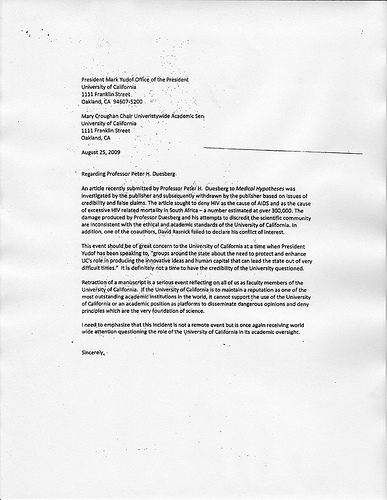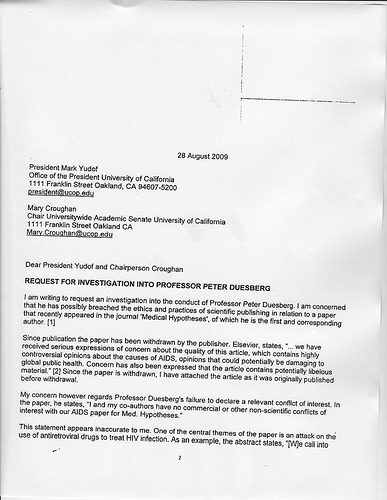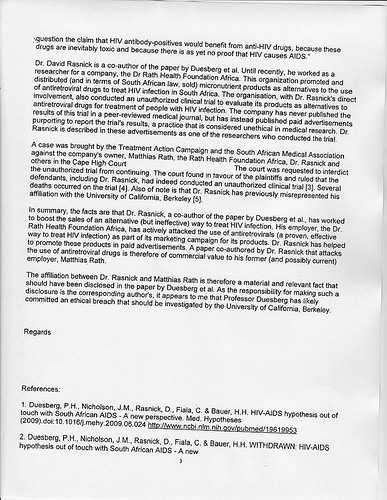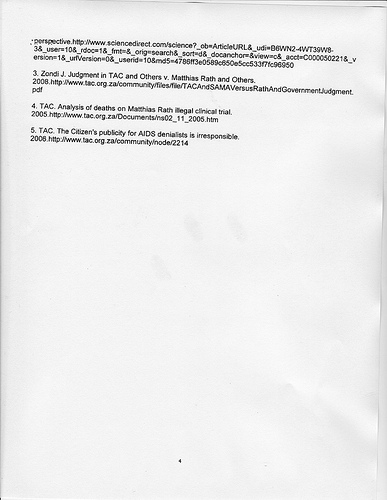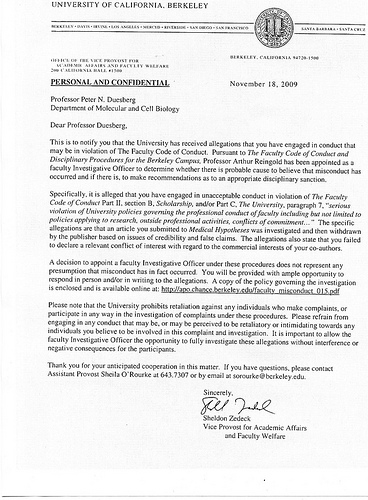Jenijoy La Belle is a Professor of English at Caltech. Her tenure case, which started in the 1970s, is the main topic of this interview. Because of one person — Robert Huttenback — she was at first denied tenure. Amazingly, she managed to get tenure anyway. In the middle of the fight, which promised to become very embarrassing to Caltech, Huttenback became Chancellor of UC Santa Barbara.
Here is a related story from another interview:
One day on a Saturday or Sunday, I was in Baxter [Baxter Hall of Social Sciences and] picking up my mail upstairs. There was nobody else there but Huttenback and a young Turk— a young professor of economics, I guess, who is now of course a famous full professor somewhere, perhaps even retired. They were in the office that Jenijoy was going to have and next to it was the men’s toilet. And they were talking about playing a joke. The goal was to make the situation as uncomfortable—more than uncomfortable, offensive—for Jenijoy as possible. And I will not—I remember exactly what they were doing, but it is so crude that I will not tell you.
Here is one of La Belle’s comments:
In 1982, someone sent me a clipping from the Santa Barbara News and Review, from a column that sounded more like gossip than news. But it simply began: “Even in UCSB circles familiar with Chancellor Robert Huttenback’s perquisites of power, the situation has caused comment. Why do university cars and drivers transport Freda Huttenback, his better half, on personal business? Campus employees, from maintenance to clerical workers, tell us of receiving a Xeroxed map to the Huttenbacks’ home and directions to chauffeur her wherever she asks. These trips have reportedly included visits to a Ventura chiropractor. “Huttenback defends the practice by calling his wife a consultant to the university on interior design matters, saying that she occasionally needs a university car and driver for decorating business. Huttenback first denied he or his wife ever used the car for personal errands: ‘Whoever told you that must be someone I fired,’ was his reply.”
Huttenback was eventually convicted of fraud. He defends himself here.
